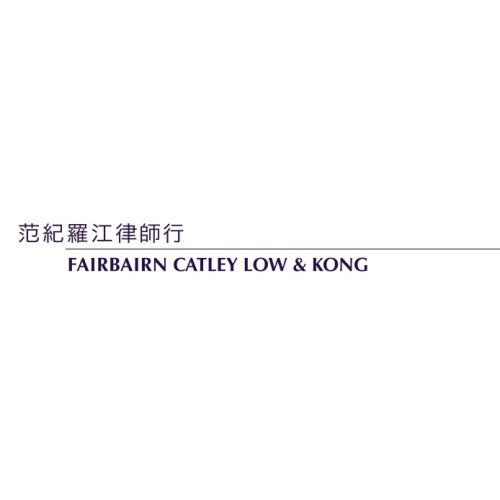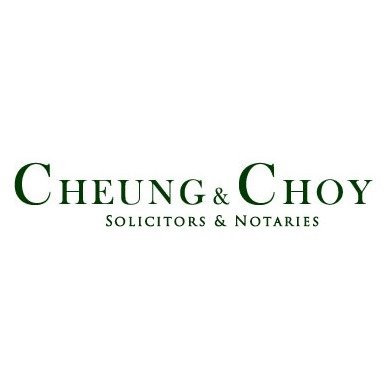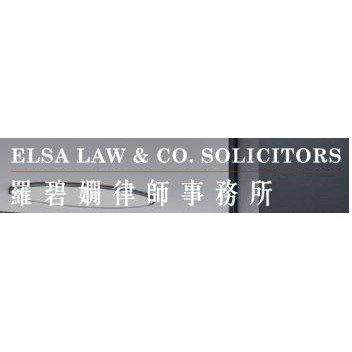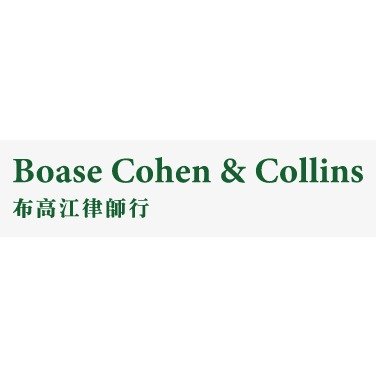Best Appeal Lawyers in Wanchai
Share your needs with us, get contacted by law firms.
Free. Takes 2 min.
List of the best lawyers in Wanchai, Hong Kong
About Appeal Law in Wanchai, Hong Kong
Appeal law in Wanchai, Hong Kong, is handled within the broader jurisdiction of the Hong Kong legal system. It involves the process of challenging a decision made by a lower court in a bid to have it reversed or reconsidered by a higher court. This takes place through the Hong Kong Court of Appeal, which is part of the High Court. The process is highly procedural and requires a thorough understanding of Hong Kong's complex legal framework and principles underpinning appeal-related issues.
Why You May Need a Lawyer
Provide an understanding of complex legal procedures: The process of filing an appeal is quite complicated. A lawyer can help you understand the process, file necessary paperwork, and offer guidance.
Protect your rights: A knowledgeable lawyer can safeguard your rights during the appeal process, ensuring that you are treated fairly.
Formulate a Strategy: Every legal case is unique; hence, it requires a unique approach. A lawyer can design a strategy apt for your situation.
Local Laws Overview
The Hong Kong Court of Appeal is the primary appellate institution that handles criminal and civil appeals from the Court of First Instance and the District Court. It abides by the Rules of the High Court, Cap. 4A. In the context of criminal cases, an appeal is usually made by a defendant convicted by either the Court of First Instance or the District Court, seeking a reduction in sentence or a reversal of conviction. In civil cases, either party can appeal final judgments and sometimes interlocutory orders if they feel aggrieved by the decision.
Frequently Asked Questions
What is the deadline to file an appeal in Hong Kong?
An appellant usually has 28 days from the date of the judgment or order appealed from to file a notice of the appeal. However, in some cases, this can be different, making it crucial to engage with an appeal attorney.
Can the Hong Kong Court of Appeal overrule the Supreme Court?
No, the Court of Appeal cannot overrule the decisions made by the Court of Final Appeal, as it is the supreme appellate court in Hong Kong jurisdiction.
What happens if you lose an appeal case?
If you lose an appeal case, the judgment of the lower court stands. Depending on circumstances, you may appeal to a higher court, such as the Court of Final Appeal, with leave.
Can I represent myself in an appeal?
While you have the right to represent yourself (known as a 'litigant in person'), be aware that appeals often raise complex legal issues that require specialist knowledge. It is advisable to seek legal representation in such cases.
Do I need to have new evidence for an appeal?
Generally, the appeal process does not consider new evidence. It is based on the records of the lower court, except in exceptional circumstances.
Additional Resources
You might consider contacting the Hong Kong Bar Association, the Law Society of Hong Kong, or the Department of Justice for further assistance. Additionally, the Hong Kong Judiciary maintains an up-to-date website providing information on court procedures, judgments, and related matters.
Next Steps
If you feel you have a legitimate reason to file an appeal, it’s sensible to engage with an attorney who specializes in appeals. They can evaluate your situation, take you through the appeal process, and provide you with necessary legal advice. Remember to bring every related document, as it can help in the assessment of your case.
Lawzana helps you find the best lawyers and law firms in Wanchai through a curated and pre-screened list of qualified legal professionals. Our platform offers rankings and detailed profiles of attorneys and law firms, allowing you to compare based on practice areas, including Appeal, experience, and client feedback.
Each profile includes a description of the firm's areas of practice, client reviews, team members and partners, year of establishment, spoken languages, office locations, contact information, social media presence, and any published articles or resources. Most firms on our platform speak English and are experienced in both local and international legal matters.
Get a quote from top-rated law firms in Wanchai, Hong Kong — quickly, securely, and without unnecessary hassle.
Disclaimer:
The information provided on this page is for general informational purposes only and does not constitute legal advice. While we strive to ensure the accuracy and relevance of the content, legal information may change over time, and interpretations of the law can vary. You should always consult with a qualified legal professional for advice specific to your situation.
We disclaim all liability for actions taken or not taken based on the content of this page. If you believe any information is incorrect or outdated, please contact us, and we will review and update it where appropriate.
















